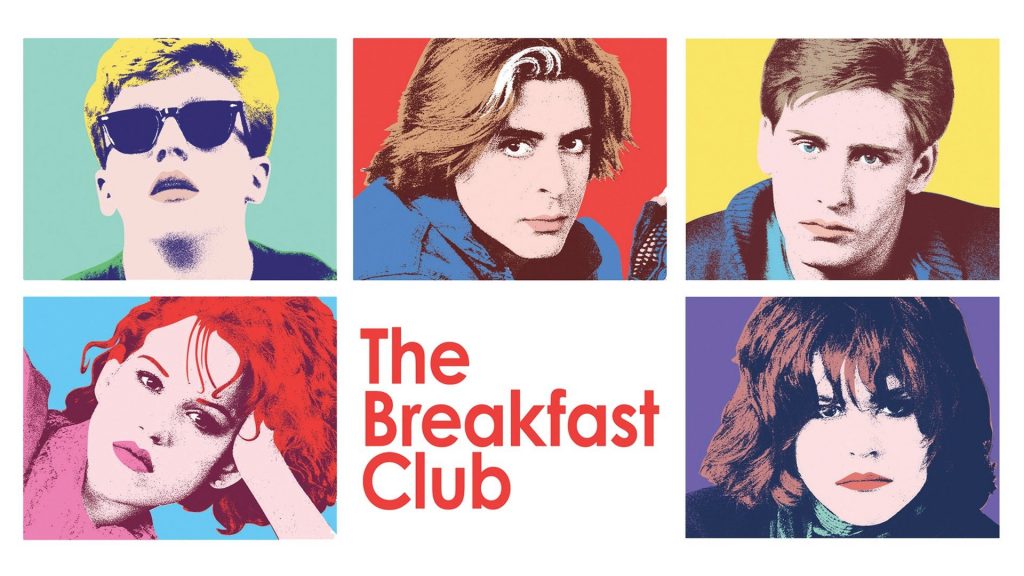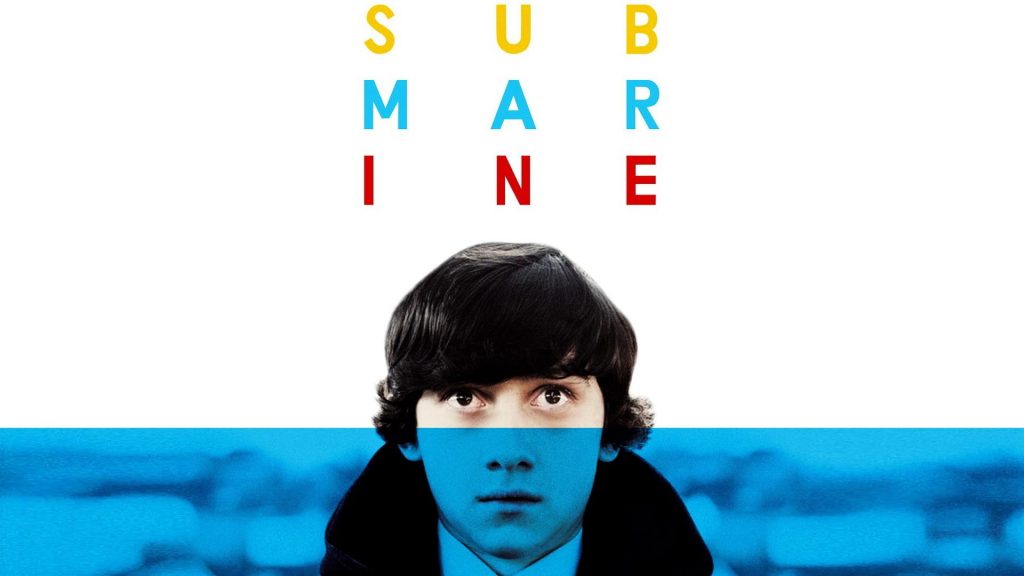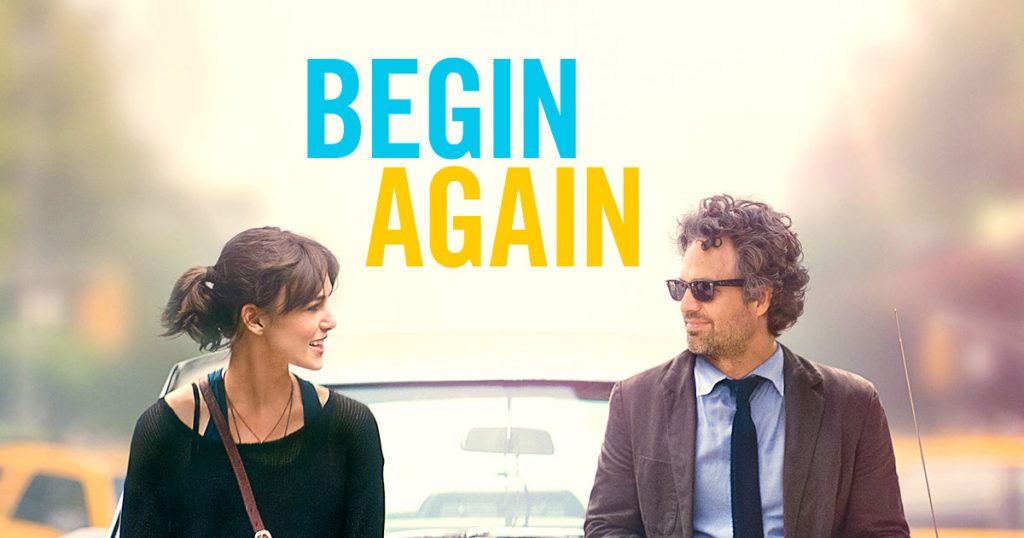A great soundtrack has the ability to completely transform a film, it can take us into a different dimension or completely break us emotionally. Here are our favourite film soundtracks!

The Breakfast Club (1985) – John Hughes
By Sarah Belger
Given that music was such an integral part of being a teen in the ÔÇÿ80s, it’s unsurprising that such an iconic film has an equally iconic soundtrack. Hailed as one of the most famous movie endings of all time, Simple Minds’ “Don’t You (Forget About Me)” in the final scene of John Hughes’ 1985 film The Breakfast Club provides some level of closure to an otherwise unsatisfied audience. After 97 minutes of uninterrupted teenage angst, we are left in the dark as to whether or not this misfit group of high schoolers will remain friends after the credits finish rolling. Judd Nelson punching the air amplifies the song’s message which leaves us hoping that the group stay together. The fact that it continues playing right up until the screen goes black means that this glimmer of hope is maintained, as well as the uncertainty over what will happen in Glenbrook North High School the following Monday.
The nature of the film’s meaning seems also to have been repeated in the song’s off-screen success. Written originally for the film, “Don’t You” was rejected by multiple artists, Simple Minds included, before they agreed to record it. Allowing them to reach the top of the UK charts and see success in the states, they were able to transform a song otherwise unwanted into something truly impactful; much like the way the film manages to bring together a group of people who would otherwise reject each other and turn them into an unlikely group of friends.

Call Me by Your Name (2017) – Luca Guadagnino
By Phoebe Bowers
The soundtrack for Call Me By Your Name (2017) is not only stunning, but seamlessly narrates the tonality of the story where the music itself is almost a primary character. Interestingly director Guadagnino’s musical choices were to do this precisely: ÔÇÿI go through music in a way that has to do with my instinct. I like the concept of piano as a dialogueÔǪ In fact, in Call Me By Your Name, we have extensive usage of piano because those notes, in a way, are the interior and exterior dialogue between Elio and himself, and Elio and Oliver.’
Viewers and listeners alike can easily witness this in ÔÇÿHallelujah Junction: 1st Movement‘, a piano piece by John Adams which is incorporated into the opening title sequence. This energetic and whimsical piece by Adams interweaves these separate rhythms that dance and crescendo into each other, perfectly foreshadowing the dynamic relationship between Elio and Oliver which is yet to come.┬á┬áThe film’s soundtrack is of course best known for Sufjan Stevens’s contributions: the ÔÇÿFutile Devices‘ remix, ÔÇÿMystery of Love‘, and ÔÇÿVisions of Gideon.‘ Stevens’s whispered vocals add to this atmosphere of longing whilst creating this hushed environment surrounding a private love affair. Lyrics such as ÔÇÿHow much sorrow can I take? […] And what difference does it make/ When this love is over?’ and ÔÇÿI have loved you for the last time’ prepare us for a doomed romance. However we are so caught up in the beauty of the string instrumentals, the scenic shots of Northern Italy, and of the romance itself, that we still manage to be completely heartbroken by the ending each time. Definitely a filmic musical compilation for the ages.

Submarine (2010) – Richard Ayoade
By Katie May Huxtable
Alex Turner’s six-part soundtrack acts as an accompaniment to Submarine; a coming-of-age film that shares a tale of adolescence against the backdrop of South Wales. The EP steers the storyline, made up of a collection of songs as soft as the benevolent whispers of two young lovers in the balmy days of a late summer.
The narrative of Submarine, directed by Richard Ayoade, is delivered to audiences through the thought process of protagonist Oliver Tate. Turner has crafted lyrics that convey the themes of refection and growth that Oliver experiences, furthering their prevalence within the original storyline. Each track builds on the balance between the inner feelings of youthful romance, before dragging you back to the reality of life itself.
Track 3, Glass in the Park, is well and truly swollen in the emotions of a first love. The lyrics, speaking gently of the opposing elements to chaotic adolescence, are bound to be left lingering in the heads of those with a similar story to tell.
Turner takes on the soundtrack to Submarine as the raconteur that he is, using his lyrics to tell stories that reach beyond the boundaries of the film. Well known for crafting a narrative lyric or two, he embellishes on these tales and, with the odd harmony making an appearance, manages to manifest the glow of the first love style story he sings of. Its reminiscent tone intertwines with the story of the film’s key character and the story of us, it’s adolescent listeners, as we fill the role of the key characters in our own lives.

Begin Again (2013) – John Carney
By Ella Clucas
If you’re searching for a film with a soundtrack that transfers straight from screen to playlist, then look no further. John Carney’s Begin Again follows singer-songwriter Gretta James (Keira Knightley) and struggling music producer Dan Mulligan (Mark Ruffalo) in their combined musical journey, as they travel to locations all around New York City recording a groundbreaking debut album.
This heartwarming story of self-discovery, healing, and redemption is peppered with songs that will have you saving the entire soundtrack to your Spotify library. From riff driven anthems to acoustic gems, Begin Again captures a sound unlike any other. Particular favourites from the soundtrack include the sweet and simple ÔÇÿLike A Fool‘ and the feel good ÔÇÿTell Me If You Wanna Go Home‘, a track which sees a young Hailee Steinfeld stand brave on bass guitar. It must be said that Knightley’s voice, though not overly trained or technically advanced, is given an opportunity to shine in each and every song she features on. The music is not only original but is, surprisingly, genuinely good. I mean, any movie with Adam Levine as a leading character has got to have good music, right?┬áEvery one of these tracks stands alone as well as sliding seamlessly into the context of the film’s narrative, and with appearances from household favourite James Corden and musical legend Cee Lo Green, Begin Again holds firm in the race for best movie soundtrack. Film buffs and music lovers unite for this wonderful story of forgiveness and friendship.

Up (2009) – Pete Docter
By Josh Ong
Pixar are well known for their ability to make almost anyone cry through musical accompaniment to movie scenes that inspire feelings of nostalgia and empathy; Up is no exception. Up’s position as a modern classic within this field is well grounded, most notably because it bears its strength from the most basic of factors; simplicity.
The central theme to Up is particularly successful at first for its interweavement into the narrative of the early minutes of the film. As the film begins and follows a hyperlapse of the married life of Ellie and Carl, the score follows alongside, not just mirroring that on screen but aiding in demonstrating the splendor and tragedy of life, all whilst holding sonic cohesion. Where the theme finds itself consistent, variations in emotions are reflected in how they are orchestrated; where they fall upon sadder times, the instruments are stripped away to a solitary piano. Most incredibly, this is done in the space of about 3 minutes.
When interviewed about his scoring process of the film, composer Michael Giacchino gave key insight into his process for Up, alongside all of his other works. For Up, this started as it always does; if the movie’s feelings were to be boiled down and summarised to a mere single chord, what would that be? Whilst simple in nature, this simple Fmaj7 produces a foundational sound that exhibits the key emotions of heartbreak and nostalgia that lie at the core of the film’s narrative. However, this score’s ultimate success lies in its ability to evoke the emotion of the film within its listeners long after the film has stopped playing.


